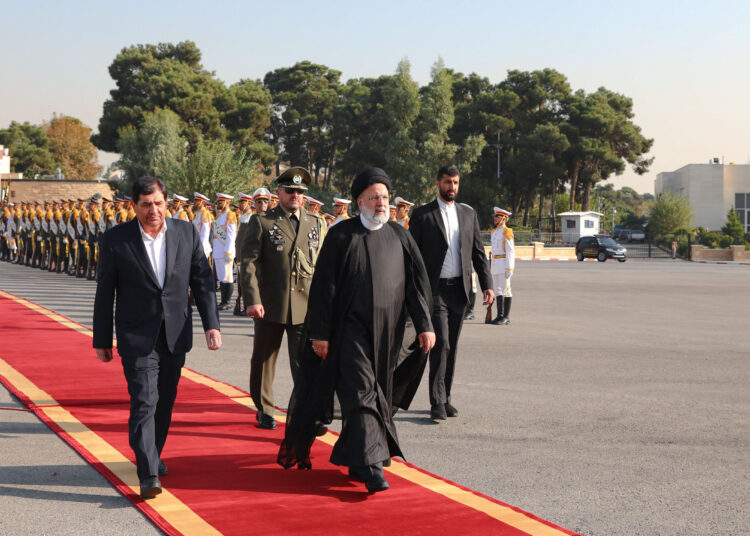Ebrahim Raisi, the president of Iran, has embarked on a journey from Tehran to Riyadh, the capital of Saudi Arabia, for the purpose of participating in the emergency summit of the Organization of Islamic Cooperation (OIC) on Palestine. This significant summit, convening on Saturday, November 11, will witness the presence of leaders and high-ranking representatives from a host of the 57 member countries.
Anticipated to precede the main assembly at the OIC summit, are bilateral or multilateral meetings and consultations to be conducted by the president of Iran with leaders and high-ranking representatives of select Islamic countries. The subjects to be addressed involve a comprehensive review of the latest developments in Palestine and potential resolutions to cease the ongoing conflict in Gaza.
The summit in Riyadh, alongside prospective bilateral and multilateral discussions on the sidelines of the primary gathering, affords Iran and other Islamic nations the opportunity to engage in discourse and collaboration aimed at enhancing coordination and cooperation in addressing the issue of Palestine.
Iran’s Foreign Minister, Hossein Amirabdollahian, said Iranian president will present “important proposals” to the meeting.
Experts consider the inclusion of recognition of the right of legitimate self-defense for Palestinians and sanctions against Israel in the summit statement by the OIC as a significant advancement in the defense of Palestine. A comprehensive statement could also encompass a call for the referral of war crimes committed by Israel and its officials against the people of Gaza to international criminal courts and institutions.
While economic concerns may prompt hesitance among countries with economic ties to Israel regarding sanctions, deliberations and the proposal of pragmatic solutions by the Organization of Islamic Cooperation can provide assurances about the mitigation of costs and consequences.
Today’s summit holds the potential to foster greater political and economic collaboration among Islamic countries, offering opportunities and benefits for all involved. Furthermore, if the Organization of Islamic Cooperation demonstrates requisite commitment to resolving the conflict in Gaza, this summit has the potential to be a pivotal moment in the organization’s history, bolstering its international standing and efficacy in future agendas.
Given the significance of the emergency meeting of the Muslim countries’ leaders and its repercussions on the dynamics surrounding the Gaza war, American and European officials have recently engaged in intensive communication with counterparts in Islamic countries. Their aim is to stay informed about the proceedings of the summit, the potential issuance of a joint statement, and to influence the positions of the organization.
Since the commencement of the war, Western countries, particularly the United States, have purportedly overshadowed the intent of many Arab nations to adopt a resolute stance against Israel under the guise of endeavoring to resolve the crisis. The recent outreach and diplomatic efforts from American and European officials can be understood within this context.






